Perimenopause: Lifestyle Tips
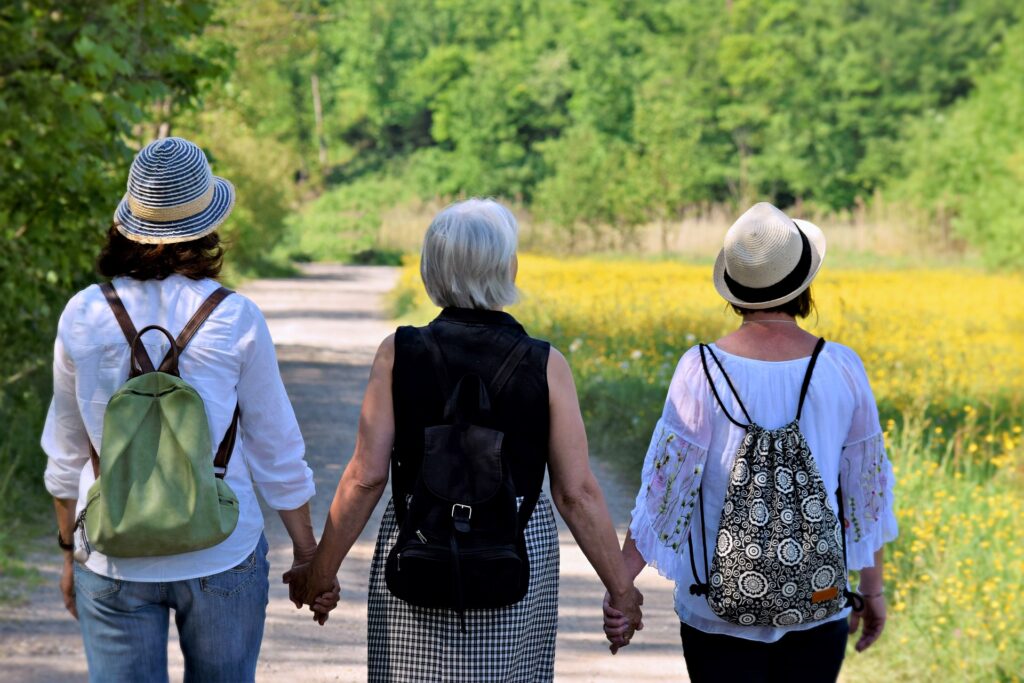

Menopause, perimenopause and post menopause are stages in a woman’s life when her periods stop. This is the end of the childbearing years.
Perimenopause is the first stage of this process and can begin eight to ten years before menopause. Menopause is when a woman has no more periods for at least 12 months. This period may vary depending on hereditary factors, nature, body constitution, mental status, stress levels, working condition, countries.
It is also depending on present lifestyle, medicinal therapies undergone …,
Menopause is a normal process, it is not a disease and usually occurs in the late 40s and early 50s. Early cases happen at 35-36, and become more common these days or later cases at an age of 50-52 years is also reported in some countries.
Post menopause is the stage that follows menopause.
The drop in estrogen levels associated with menopause can cause annoying and persistent hot flashes.
It can also make women feel like they are in a constant state of PMS (premenstrual syndrome). Unfortunately, these emotional changes are an integral part of menopause. Some of the emotional changes experienced by women in perimenopause or menopause may include irritability, feelings of sadness, lack of motivation, anxiety, aggression, difficulty concentrating, fatigue, mood swings, etc.
They may also experience physiological changes such as weight gain, hair loss, aches and pains, etc.
Ayurvedic insight is useful for women undergoing menopausal symptoms and help minimize the unpleasant experiences and emotions associated with them.
Perimenopause: ayurvedic view
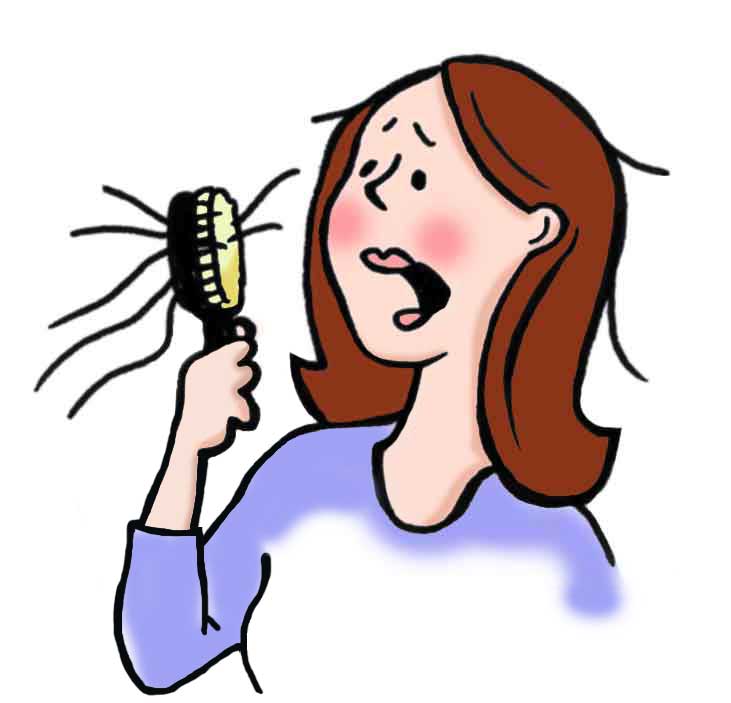

In Ayurveda perimenopause period is termed as Rajonivritti kala. Raja means Menstruation, nivritti means retirement or cessation and kala means time period.
As sais above, the ovaries gradually reduce their estrogen hormone production, and one or several following symptoms can occur:
- Irregular menstruation
- Prolonged bleeding or scanty menstruation
- Back ache – non specific kind
- Headache – partial head ache or head ache of interfering agent
- Body ache
- Neuritis or numbness in body parts
- Fatigue, excessive tiredness
- Nausea
- Anorexia (tastelessness)
- Excess sweating
- Inferiority or constant grief
- Mood elevation
- Nervousness
- Intestinal problems
- Acid peptic disorders
- Excess or decreased appetite
- Abdominal discomfort
- Stress and strain
- Loss of sleep, disturbed sleep
- Hot flushes
- Breast tenderness
- Worse premenstrual syndrome
- Lower sex drive
- Vaginal dryness; discomfort during sex due to friction
- Urine leakage when coughing or sneezing
- Urinary urgency (an urgent need to urinate more frequently)
Do you need a treatment for Perimenopause?
The most important is to be aware of this conditions when it happens because if the symptoms are mild it can be managed with lifestyle changes like regular oil massage for stress and body ache. Then treatment is not required.
In severe symptoms such as heavy bleeding with clots, severe stress, depression, excessive sweating, …, treatment is useful.
Which lifestyle, exercises and hobbies
It is important to keep your activities to engaged your body and mind. It is very important for physical and mental health.
Pranayama, Yoga and oil massage for Perimenopause
Pranayama helps to keep mental balance and learn how to manage your emotions like . mood swings and stress. Learn about a simple Pranayama technique
Yoga for Perimenopause
Too much hot yoga will exacerbate symptoms. Practice a hatha, yin, or restorative yoga instead.
These use gentle and mindful movements to keep you grounded, connect you to your body, and relax the mind. It will work effectively on your conditions with a qualified yoga teacher.
3 Yoga Poses for Perimenopausal Women
Salamba Sarvangasana: helps relieve stress, mild depression, and menopausal symptoms.
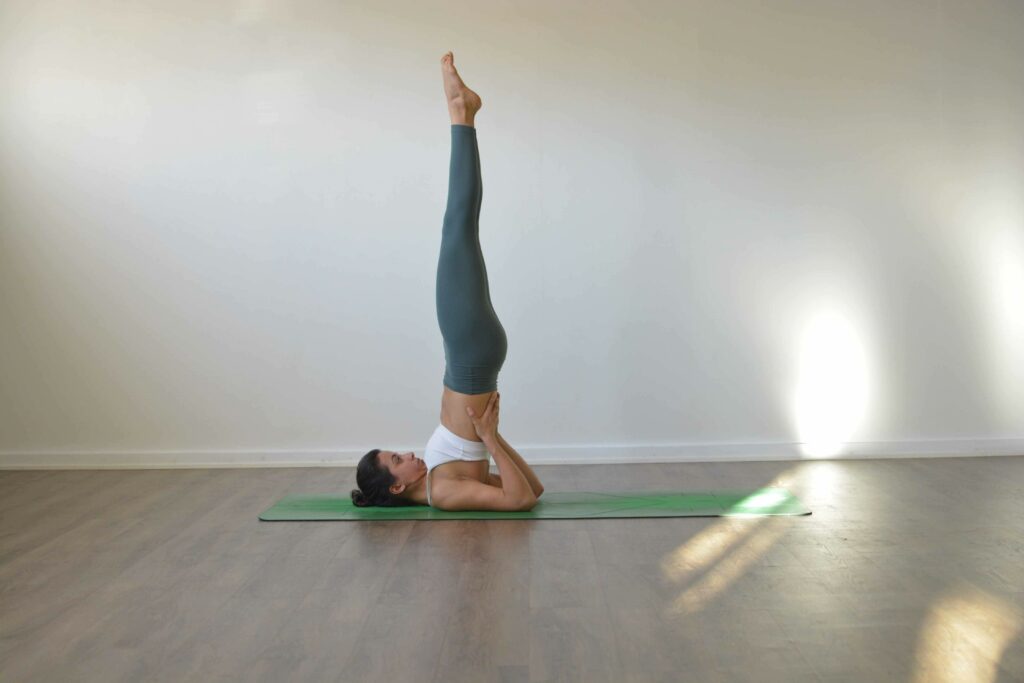

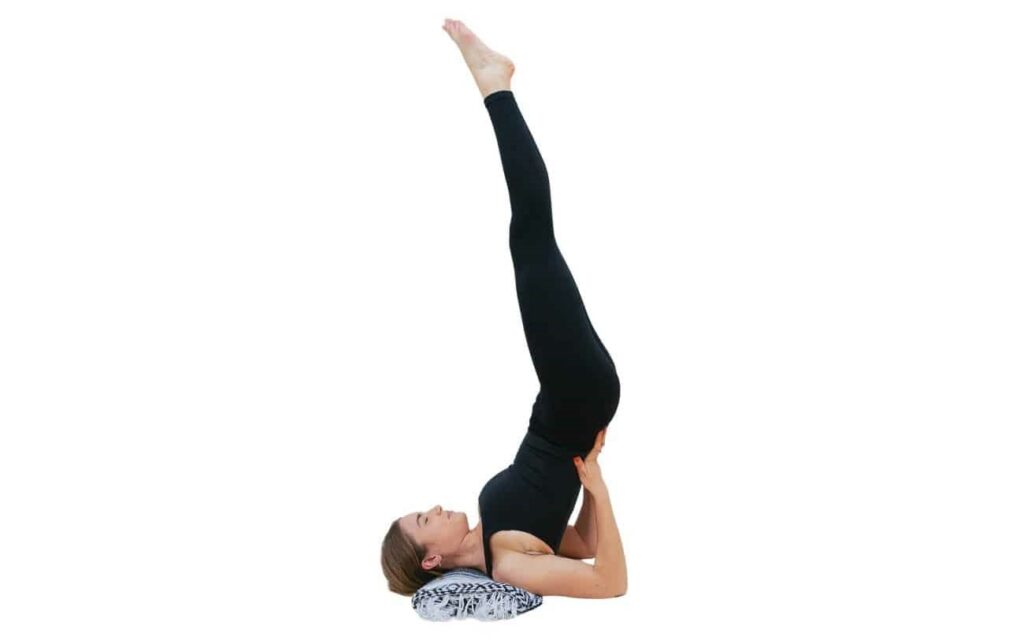

Marichyasana: helps with emotional calming during time of intense hormonal shifts.
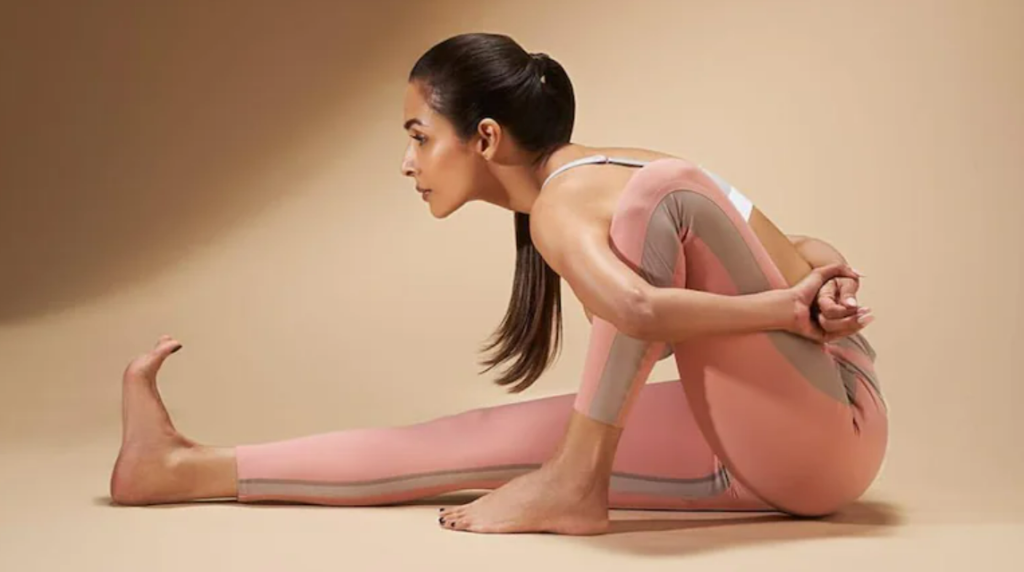

Janu sirsasana: help manage perimenopausal symptoms like mild depression, hot flashes, and anxiety.
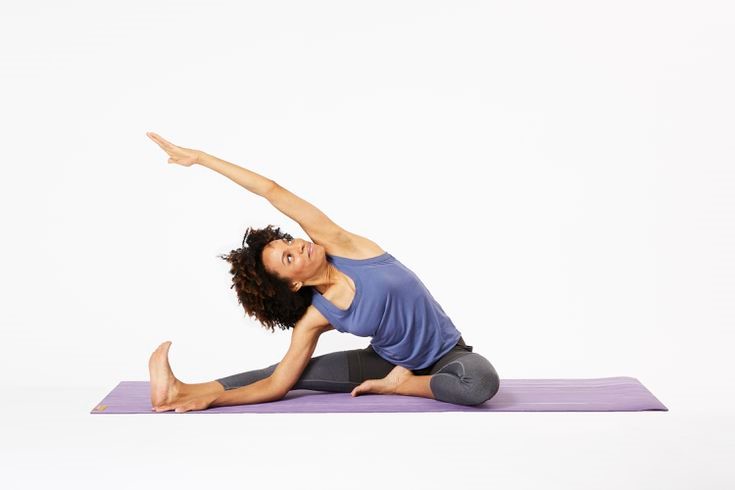

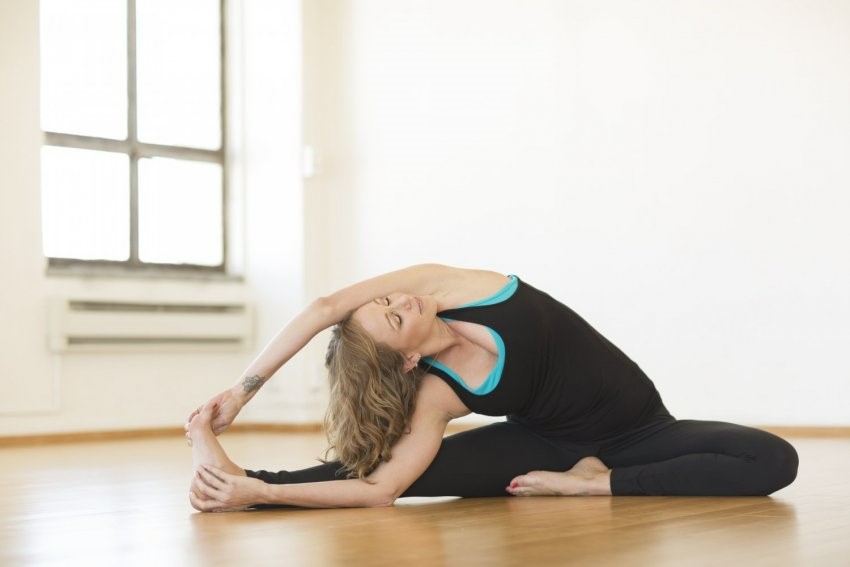

Oil massage:
After Menopause, depleted calcium and bone strength are common symptoms like osteo arthritis. This is very important to do daily oil massage with Maha Narayana tailam or Ksheerabala taila especially if you feel headache, body ache, sleeping problems, arthritis
and joint pains.
If you do not get any time to do a long massage, here a fast and efficient massage technic
Your diet:
Food to to be preferred
- Favour green leafy vegetables, cabbage, soya food, lady finger, beans, almonds, sesame seeds, flax seed,garlic, basil which are good supplement in calcium.
- Beans, cereals, pumpkin seed, carrot, dates, sesame seed, chickpeas, peanuts, pecans, walnuts, pistachios, roasted almonds, roasted cashews, or sunflower seeds, raisins, peaches, or prunes, spinach, bread are excellent to bring iron in your diet.
Iron is needed to make myoglobin, the protein that provides oxygen to the muscles. Helps to manage fatigue, restless leg syndrome, cognition and anemia, difficulty regulating your body temperature, headaches
- A variety of fruits and vegetables.
- Include a teaspoon of ghee in diet for a healthy gut, it also promotes memory and concentration.
Which Foods to avoid
Avoid high amounts of fried, oily, salty foods, as well as sugar.
If you are suffering from hot flashes, avoid excess spicy foods and coffee.
Your family
Family members: husband, children and so on should take special care towards your health and your mind set up.
Family members should know that, the hormonal imbalance causes changes in the body and mind of the woman. Conversations and discussions should carry enough care toward her.
Ayurvedic treatment
So, the goal is to pacify Dosha imbalances. Between 40-50 years, both pitta and vata are aggravated. So measures should be taken to pacify both Vata and Pitta dosha.
Medicines to improve strength and immunity: Ashwagandha is used in the treatment of fatigue, stress, mood disorders etc.
Medicines to treat vaginal dryness, frequent urination and urinary tract infections: Yoni picchu for vaginal dryness : put a sterile medicated cotton swab, dipped in oil or ghee, is placed the vagina. Ask your practionner to know which oil to use. Usually you can use sesame oil, almond oil, coconut or olive oil and others depending on your constitution.
For hot flashes: Pitta dosha balancing diet
Rejuvenation – anti aging therapy:
Shatavari rasayana can be use depending on your conditions.
Your home remedies for perimenopause symptoms:
To restore mild deficiency caused during menopause
· 50 grams of cumin seeds and 50 grams of fenugreek powder
· Fried them in 50 grams of ghee.
· Add to it 50 grams of organic jaggery or brown sugar well powdered.
· Make a round ball of 10gram each.
Daily 1-2 balls should be taken along with lukewarm milk.
To restore the vitality and energy and prevents fatigue and other symptoms commonly found during menopause
5 grams of ground nut, cashew nut, sesame seeds, jaggery or honey and ginger well powdered or pounded well.
Taken it with warm water, early in the morning.
It is easy to learn how to get rid of physical symptoms and how to manage physical and mental stresses caused by this transition.
I repeat but if you prevent and manage at the first stages, with efforts, healthy habits, healthy and nutritious food during menopause, the practice of yoga, meditation and pranayama, you will live normal life.
Ayurveda Medicine keys are : prevention, care, good food and healthy habits and work your mind.
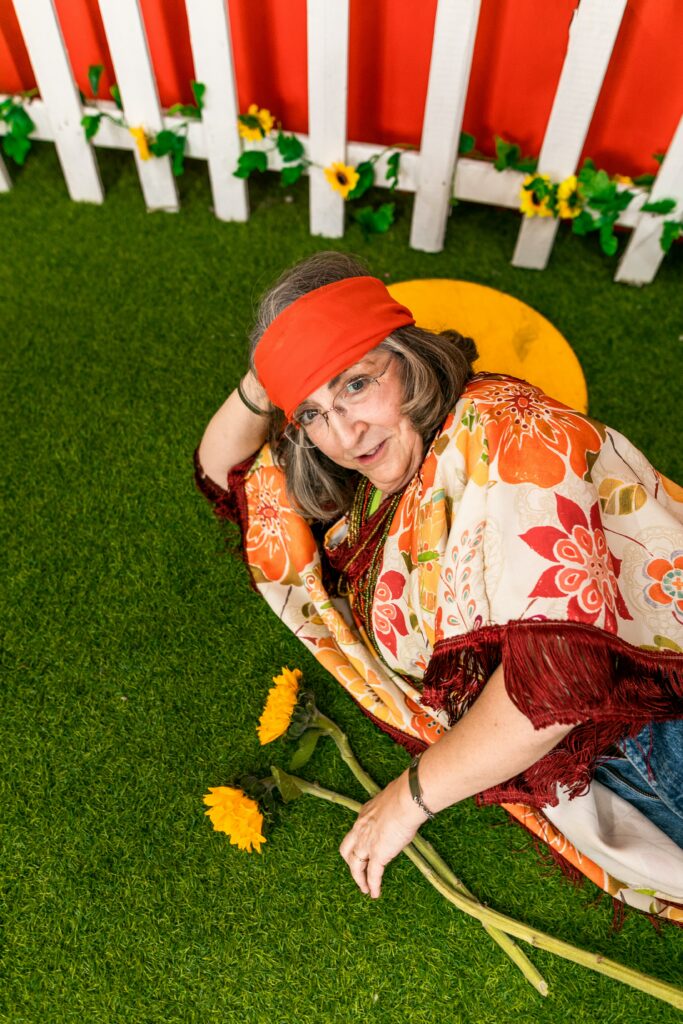

Julie
